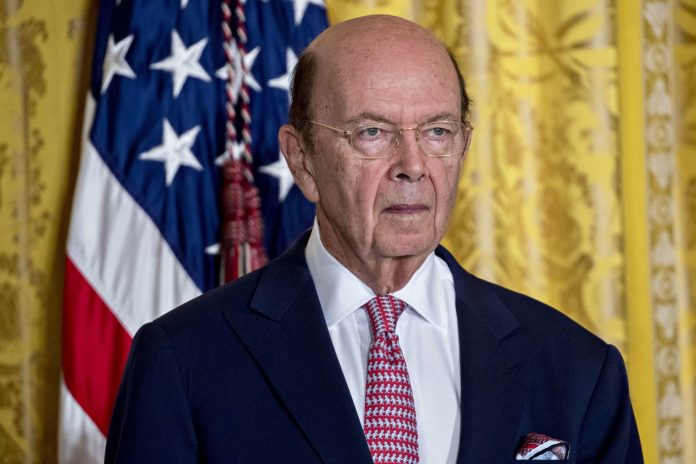NEW YORK ― The Census Bureau’s best researcher affirmed Tuesday that neither he nor other best Census authorities thought the choice to add a citizenship question to the 2020 evaluation was a smart thought.
The researcher, John Abowd, administered a group of Census Bureau scientists that contemplated the impact of including the inquiry and eventually prompted against it in January. Abowd met with Commerce Secretary Wilbur Ross just a single time to talk about his proposal, in February, before Ross, at last, chose to include the inquiry.
Abowd affirmed Tuesday that he and other best Census Bureau authorities were astounded to learn in June that Ross was keen on including the inquiry months before he even started the likelihood of considering it. Ross at first said that he started considering the inquiry simply after the Justice Department asked for it in December with the goal that it could more readily uphold the Voting Rights Act.
Abowd’s declaration came as a major aspect of a continuous government claim testing the Trump organization’s choice to add a citizenship question to the 2020 registration. Abowd’s examination of the impact of the citizenship question is a standout amongst the most essential bits of proof in the suit for the offended parties ―18 states, the District of Columbia, a few urban areas and a bunch of migrant gatherings ― who say the choice to include the inquiry was spurred by oppressive goal and disregarded clear proof that including the inquiry would diminish the number of individuals who react to the enumeration. A wrong statistics would have sweeping outcomes since the study is utilized to draw appointive areas and designate several billions of dollars of government reserves.
Abowd was over and over-examined Tuesday regarding a January notice he kept in touch with Ross in which he exhorted against including the citizenship question. In the notice, Abowd said it would be exorbitant and hurt the nature of the statistics check. He additionally said any citizenship information gathered in a statistics would be considerably less exact than data that is accessible from authoritative sources. He prescribed that the Census Bureau get citizenship information from existing government records.
Dale Ho, the chief of the ACLU’s casting a ballot rights venture, squeezed Abowd about a different Census Bureau gauge demonstrating that the non-reaction rate to an enumeration review with a citizenship question on it expanded more among families with something like one non-national in it than it did among family units of all U.S. subjects. Abowd affirmed that the Census Bureau was evaluating the impact of the citizenship question dependent on the best data it had and could have better concentrated the inquiry on the off chance that it had more notice of the demand to include the inquiry since it could have completed a randomized control preliminary.
Ho’s inquiries to Abowd were intended to undermine Ross’ March update legitimizing the choice to include the citizenship question. In the remainder, Ross said he set out to take a “hard look” at the likelihood of including a citizenship question and that there was minimal exact proof that adding the inquiry would prompt a decrease accordingly rates.
A Commerce Department representative said in an announcement Tuesday evening that Ross considered Abowd’s contribution alongside that of different partners.
“Under power allowed to the Secretary of Commerce, Ross established that the expansion of the inquiry joined with regulatory records, would give the best outcomes to satisfy DOJ’s ask. While his choice was at last unique in relation to Dr. Abowd’s proposal, the Secretary achieved his choice, to a limited extent, because of the Census Bureau’s affirmations that any drop in self-reaction rates can and will be remediated by non-reaction pursue tasks,” the announcement said.
Abowd’s declaration recommended that in light of the Census Bureau’s audit of the current information, including a citizenship question would diminish the reaction rate.
Despite the fact that Abowd and his group had built up an examination of the drawback of a citizenship question, Department of Justice authorities did not have any desire to meet with them to talk about choices. Previous Attorney General Jeff Sessions blocked Justice Department authorities from examining choices, the best official in the Justice Department’s Civil Rights Division said in a testimony.
Abowd said it was unordinary for an office not to meet with the Census Bureau to catch up on a demand for information.
Abowd’s declaration is required to proceed with Wednesday when he is relied upon to confront addressing from Justice Department lawyers.


















